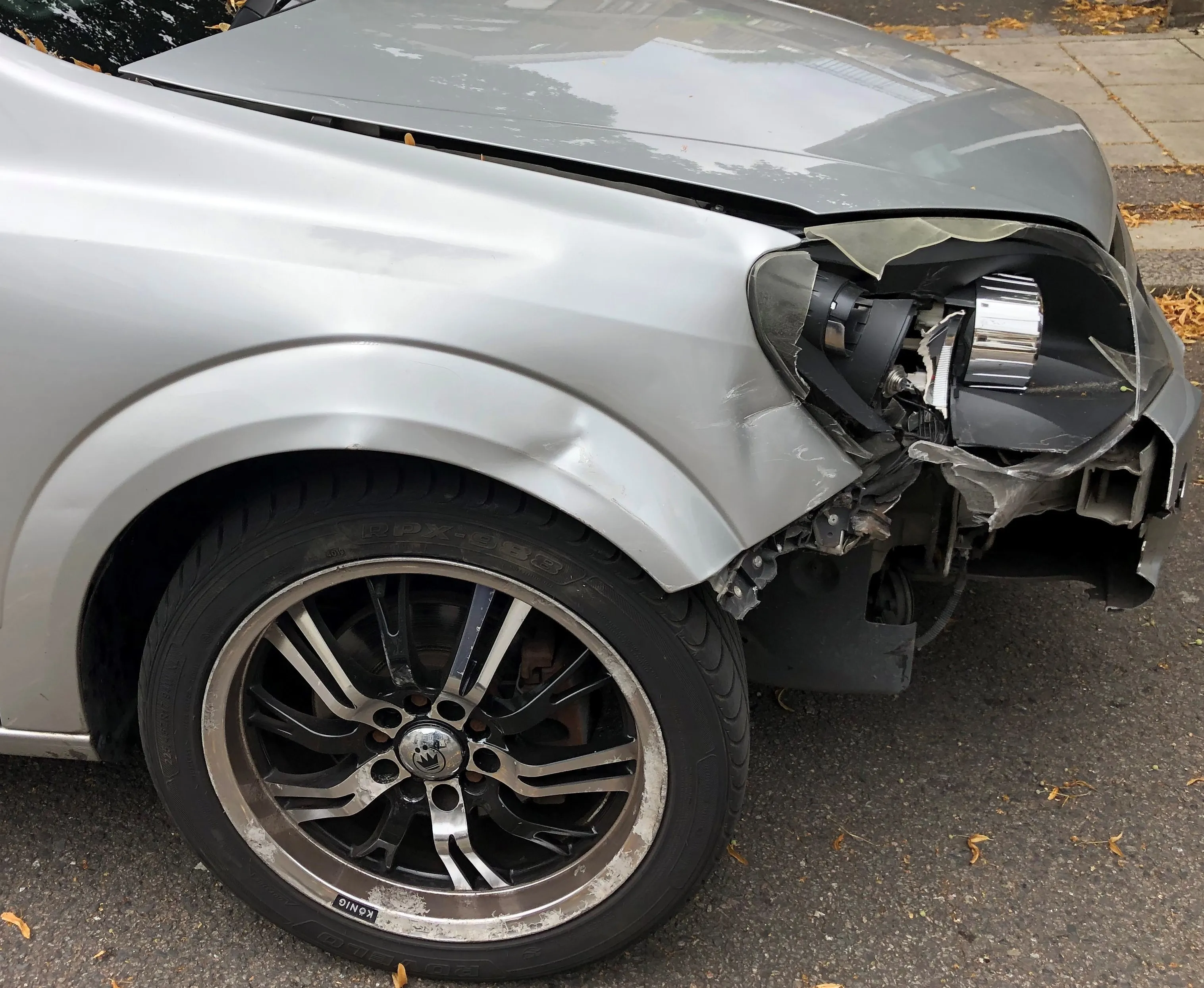A study produced by the United Nations reveals the high risk of motorcycling in India. In 2015 the country had 36,800 motorcyclists killed on its roads, with a further 93,400 being injured. However the UN’s study reveals that the fatality rate for India’s motorcyclists could be cut by as much as 42%, if helmet wearing was mandatory. Compulsory helmet use by India’s motorcycle riders would save around 15,000 needless deaths/year, while cutting serious head injuries by around 69%. The UN Motorcycle Helmet Stu
November 29, 2016
Read time: 1 min
A study produced by the United Nations reveals the high risk of motorcycling in India. In 2015 the country had 36,800 motorcyclists killed on its roads, with a further 93,400 being injured. However the UN’s study reveals that the fatality rate for India’s motorcyclists could be cut by as much as 42%, if helmet wearing was mandatory. Compulsory helmet use by India’s motorcycle riders would save around 15,000 needless deaths/year, while cutting serious head injuries by around 69%. The UN Motorcycle Helmet Study points out that motorcyclists are 26 times more likely to be killed in a road crash than car occupants.







